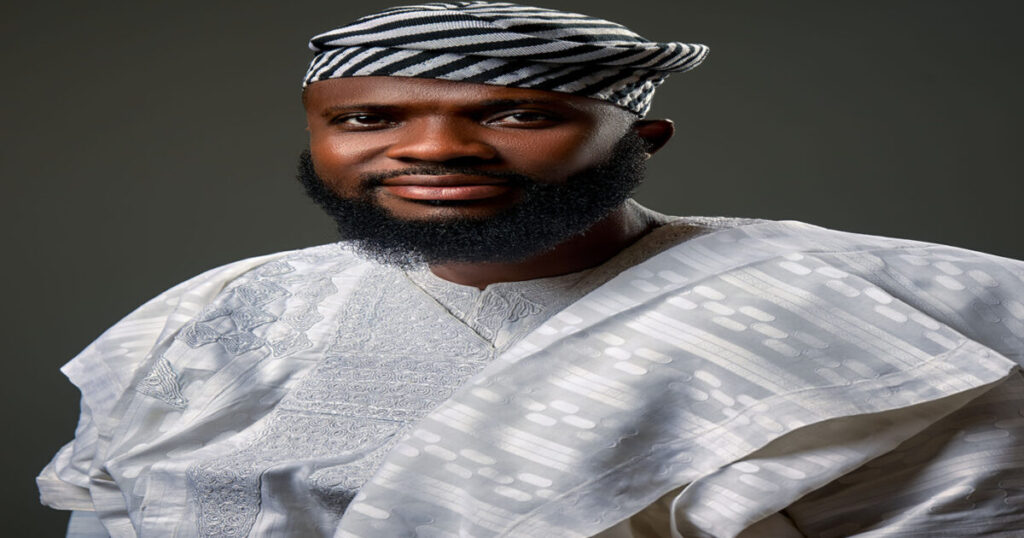Nigerian education platform iStudyIslam said it is carving a niche in Islamic learning with a tailored approach that helps Muslim executives, business leaders and professionals pursue spiritual growth without compromising their careers.
Founded in 2019 by Bashir Arowojobe, the institute was created after he observed a gap in traditional Islamic centres, where busy professionals struggled to commit to rigid schedules.
“I saw CEOs, doctors and entrepreneurs eager to learn the Quran, but their calendars were a wall of meetings and responsibilities. The old way didn’t fit their new world,” Arowojobe told The PUNCH.
The Lagos-based organisation offers services including Quran literacy, faith-based life coaching, counselling and therapy, and spiritual growth programmes, with its flagship Executive Islamic Course designed for Muslim CEOs, founders, investors and C-suite leaders. Operating primarily online, iStudyIslam also has plans to open physical study centres in Lekki, Ikoyi and Victoria Island to serve its growing clientele.
Arowojobe said the institute’s mission is to remove barriers between professional ambition and faith practice. “We’ve turned ‘I’m too busy’ into ‘I’m learning now.’ Our model distils complex teachings into clear, accessible lessons delivered on executives’ schedules,” he said.
The brand has hosted initiatives such as the Muslim Entrepreneurs Summit, which featured University of Ilorin professor Abdulrazaq Aláró, and it also runs the Muslim Youth Helpline, a social impact project providing career guidance and mentoring for young Muslims.
Unlike traditional centres, iStudyIslam positions itself as a specialist platform for professionals, relying on flexibility, academically rigorous teaching, and a supportive community ecosystem to attract its target audience. Its programmes are delivered by instructors trained not only in Islamic scholarship but also in understanding executive work cultures.
The company’s long-term goal is to scale beyond Nigeria and become a global reference point for executive Islamic education.
“We want to be remembered as the institution that made authentic Islamic learning accessible to everyone, regardless of their schedule,” Arowojobe said.















